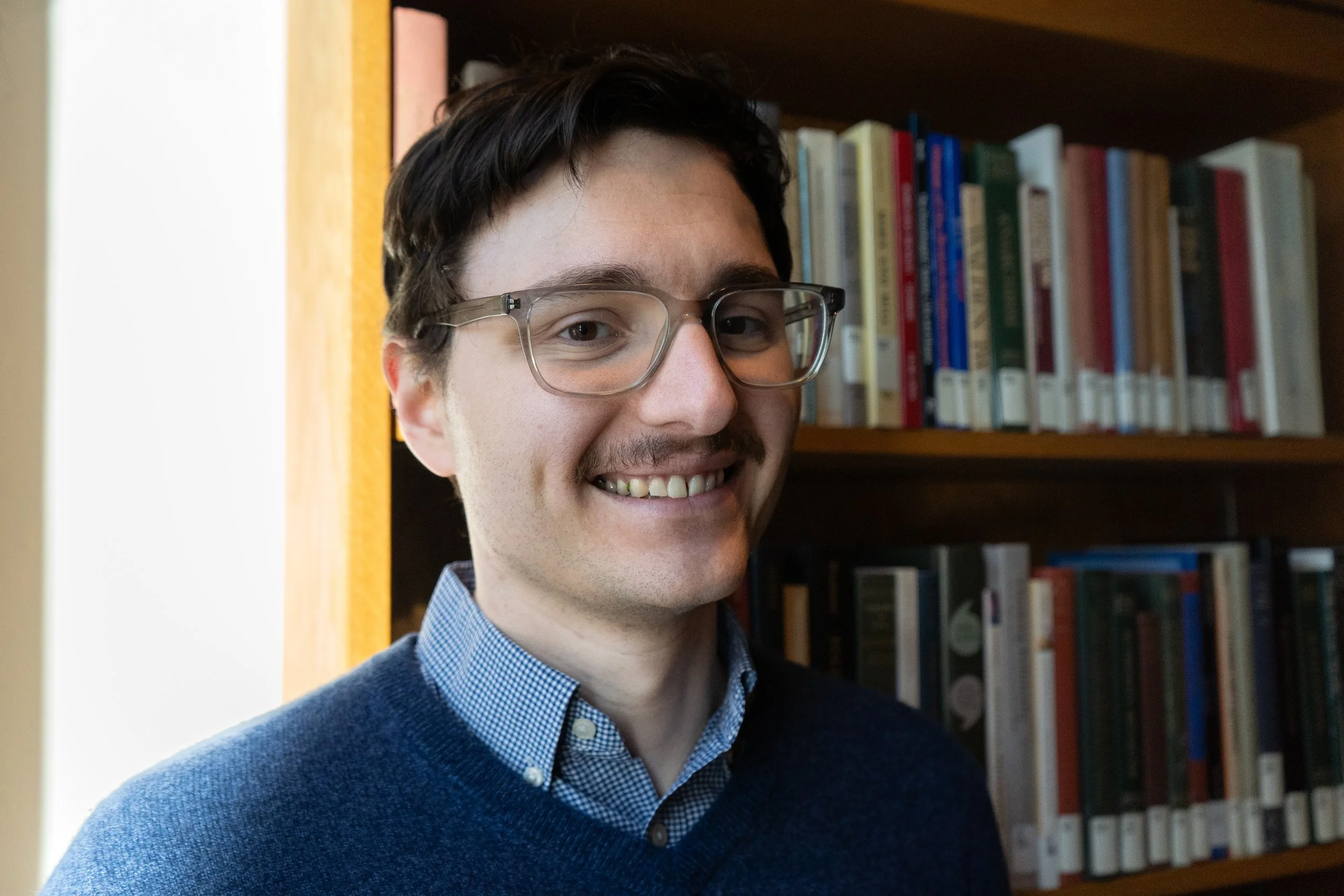Research
I’m interested in how changing social conditions arising from the Information Age negatively affecting our agency.
More specifically, my research focuses on how ecological structures (e.g., social media platforms, artificial intelligence, philanthropic institutions) affect our agency, individual and collective.
My dissertation tackles just this topic by focusing on democratic decline in the Information Age. In it, I offer some ways to try and reverse democratic decline by using contemporary technology to change motivational processes in ways that facilitate democratic attitudes. I have placed asterisks (***) next to papers that will be a part of the dissertation.
I am happy to share drafts of works in progress. Feel free to email me at lmanuali [at] umich [dot] edu for a draft.
Published and Forthcoming
“Can LLMs advance democratic values?” (w/ Seth Lazar), forthcoming at Minds and Machines, accepted at FAccT 2025 (non-archival)
Examines (and categorizes) the various ways computer scientists are attempting to use LLMs in proposals for democratic processes and then assesses said uses in light of a few key democratic values.
“Addictive Motivational Scaffolds: Why is Social Media Addictive?”, Synthese, 2025***
In the tradition of 4E cognition, I offer a psychiatric externalist account of behavioral addiction by developing the notion of a motivational scaffold (as opposed to cognitive or affective scaffolding). I then apply said account to elucidate why social media is addictive.
“The Coherent Dual Theory of Addictive Desire”, Philosophical Psychology, 2022
Offers an account of the dysfunction present in desire in addiction by attempting to attain coherence between empirical (esp. neuroscientific) accounts of addiction and phenomenological accounts of addiction.
Other Papers In Progress
“Democratic Motivation and Mass Media”***
Building on Susanna Siegel’s groundbreaking work concerning salience principles (roughly, norms that prescribe what is worthy of attention), I offer an account of how to create a journalistic mass media governed by salience principles that better facilitate democratic attitudes.
“How “Democratic” LLMs Threaten Democratic Autonomy”
Computer scientists are testing various ways to use LLMs in democratic processes in order to support or enhance them. Pulling on Lovett and Zuehl (2022), I show how Large Language Models that are (1) used to facilitate deliberative processes and (2) used to represent us by extrapolating over unseen (policy) options threaten democratic autonomy.
“Philanthropic Power Requires Democratic Transparency”
With the rise of philanthropic organizations stemming from wealth made in the Information Revolution in the background, this paper makes the case that large philanthropic institutions and individuals (as well as some small ones) are subject to a democratic duty of transparency.
“A Method for Rational and Authentic Epistemically Transformative Choice”
I offer a method by which it is practically possible for us to make both rational and authentic epistemically transformative choices: the Testimony, Agent Properties, and Imagination (TAPI) Proposal.
“Philanthropist Ethics and the Ethics of Philanthropy”, under review
Why is it wrong to take money from unethical donors? In this paper, I reject some of the more common answers to this question (burgeoning donor reputation, increasing the donor’s self-repute, mission-based considerations, etc.) because, I argue, they are not necessary for the ethical wrongness of accepting a donation from an unethical donor. I argue that what I term consorting is the answer. I then explain why we care about consorting, ethically speaking.
